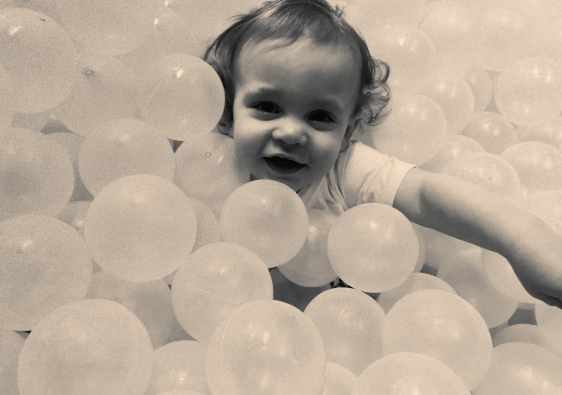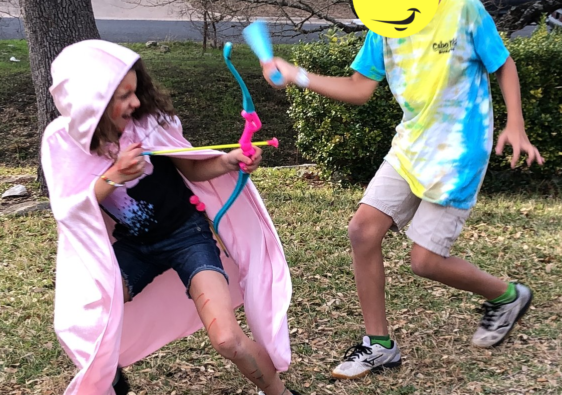Growing up, I was a voracious reader. My mom questioned me about reading in the car; she repeatedly warned me about reading in the dark; she even threatened to take away my books one time when I was in late elementary (no joke, but you won’t hear that backstory from me…not now, anyway). Piled, stacked, and shelved in my little bedroom library, I had scores of mysteries volumes, Golden Books and Little Critter, and books on manners and etiquette (yes, I absolutely loved reading formal, how-tos on everything a girl might want to know from setting a table to answering a phone or babysitting).
When I was in middle school, I turned toward non-fiction and read The Diary of Anne Frank. I became absorbed in reading the experiences of that young girl and the group of those who hid with her for over two years during the German occupation of the Netherlands. It was then that I became entirely infatuated with everything pertaining to what those of Jewish descent refer to as The Shoah. Most Americans, myself included, typically refer to this period in history as the Holocaust.
As a college student, reading for pleasure was no longer attainable (so I felt) or of interest to me. I remember a moment when I placed a heavy textbook on my bed, dreaded the looming required reading, and felt sad about my loss of reading with delight. My desire itself was gone.
Part of what happened, in combination with my reading-intensive workload, was that I no longer knew what to read. My relationship with God had changed and I did not know what was appropriate or beneficial to read any longer. After one period of spiritual development, I tried to pick up one of my favorite authors from high school. Upon reading even the first few sentences in one horror novel, I felt just that – horror – by what I had read as a young person. Turning to Christian authors, what little I did read was usually forced. I read books about raising a family and marriage, along with books from Christian authors about living a life of faith. Frequently, I found these books did not create that insatiable desire to keep reading and I ended up with many partially read books. Perhaps my spiritual development was minimal? I tried to read one or two classical Christian pieces and it was never as engrossing as I had once experienced.
Sadly, it took several years before I was able to connect with The Hunger Games trilogy, by Suzanne Collins. Afterward, I turned to Ender’s Game series, by Orson Scott Card. My love for reading again bloomed and I felt a little like a kid who gets their first brand-new bike after learning to ride without training wheels.
It’s funny that I should just finish reading the article by author and musician, Angela Dolbear, about acceptance and being uniquely crafted. For a period of time, I had placed myself in a box and wouldn’t allow anything outside of the label, Christian, in my library. It’s funny . . . or perhaps it’s just a lugubrious posture.
Despite being freed from only reading a certain category of literature, I have both found myself struggling to grant freedom to others in choosing and in accepting my own liberation at times.
In this season of what I would refer to as the great slow-down – routinely known as the pandemic, my family and I began to build our own little free library. For many years I have wanted one of these after spying them in our community. Is it ironic that my husband wanted to design and build a bigger Little Free Library, complete with a pull-down table and seating, and I disagreed that we should break with tradition? I wanted to confine him the same way that I had once been confined in choosing and enjoying literature. Though I am a tad bit embarrassed to admit, I wondered what my neighbors would think about our larger-than-little library. Ultimately, I decided to support him in the project and he and the kids had fun measuring, cutting, and building the frame together.
Build your libraries; big or small. Fill them with your favorite genre of written works. I encourage you to read for pleasure. Read what suites you. Read what speaks to you. Read the stories that make you want to go back for more even if others might not approve of your interest in . . . romance novels or historical pieces. And, my sweet Angela, write what your soul says! I need your words to fill my little library.
Do You Need Support With Your Perspective?
Perhaps, like Angela, you may need help with self-confidence issues around being or feeling different? If you have struggled with self-esteem, identity, purpose, or perceived yourself through a negative lens, consider counseling with a faith-based professional. Bringing these core identity concerns into psychotherapy with an attentive, compassionate, and insightful professional may help assist you in transforming what counselors call Automatic Negative Thoughts. Using Cognitive and perhaps Dialectic Behavior Therapy may offer insight into how the muscle memory in the brain can work for, and not against you. Contact Joyful Journeys Counseling for support with reframing thoughts, changing patterns of negative thinking, and learning to stand against the inner critic. Schedule an initial consultation today.
This is an edited version of an article originally published in Thyme Magazine‘s column, Chipped China, authored by Jennifer Lytle. She authored this monthly column from the spring of 2020 until the fall of 2022.
Original photography by Jennifer Lytle.



